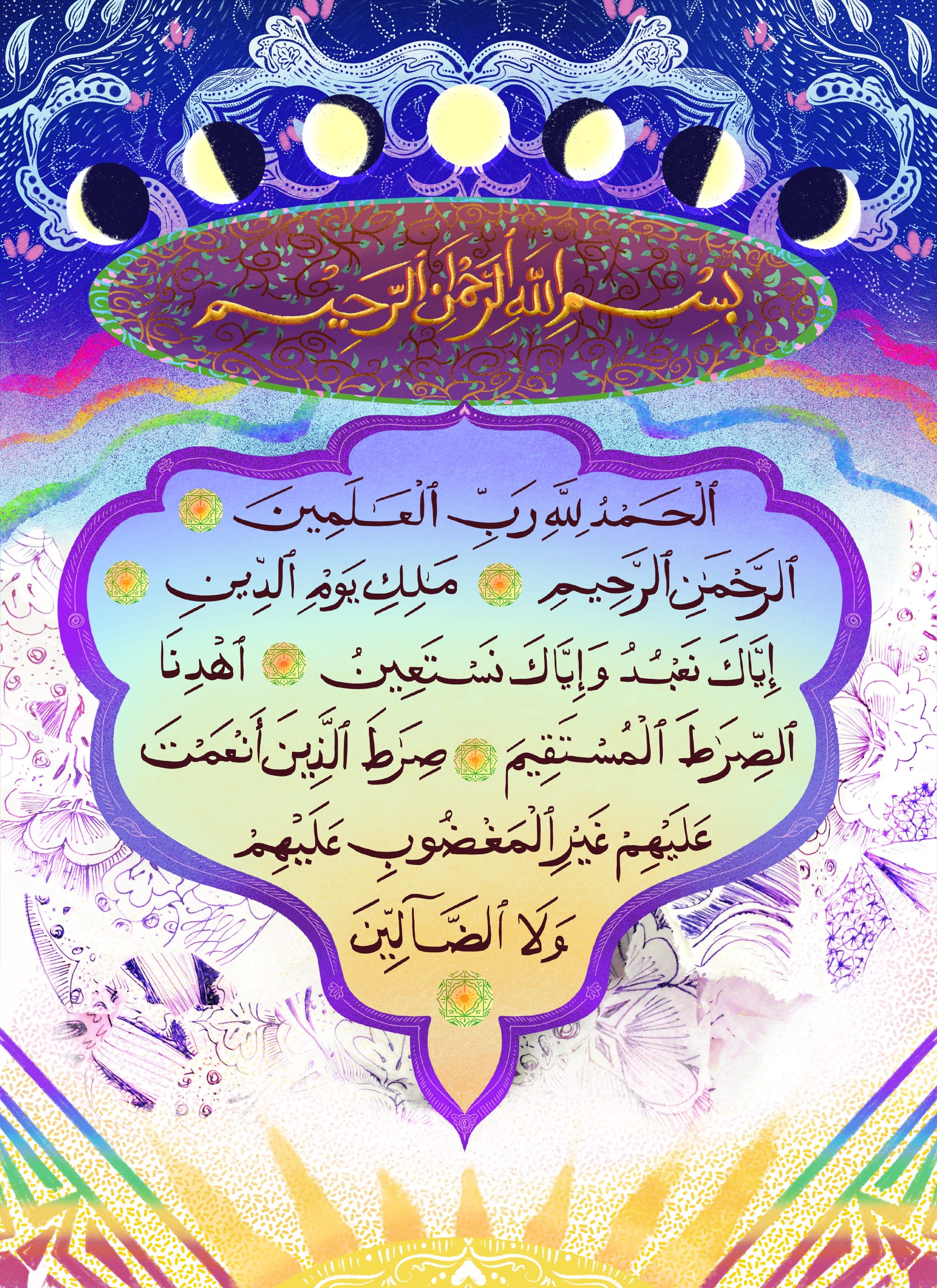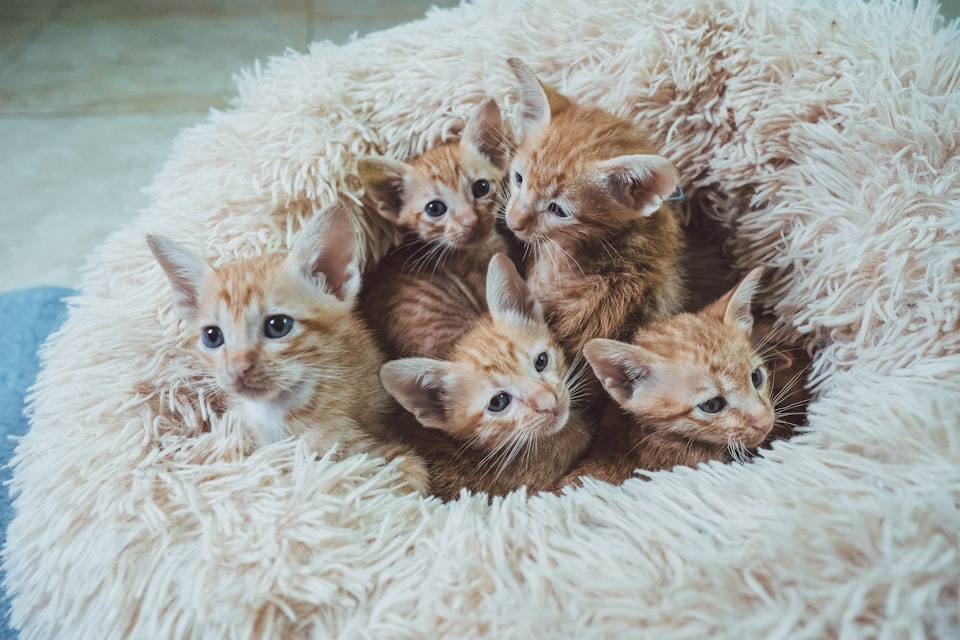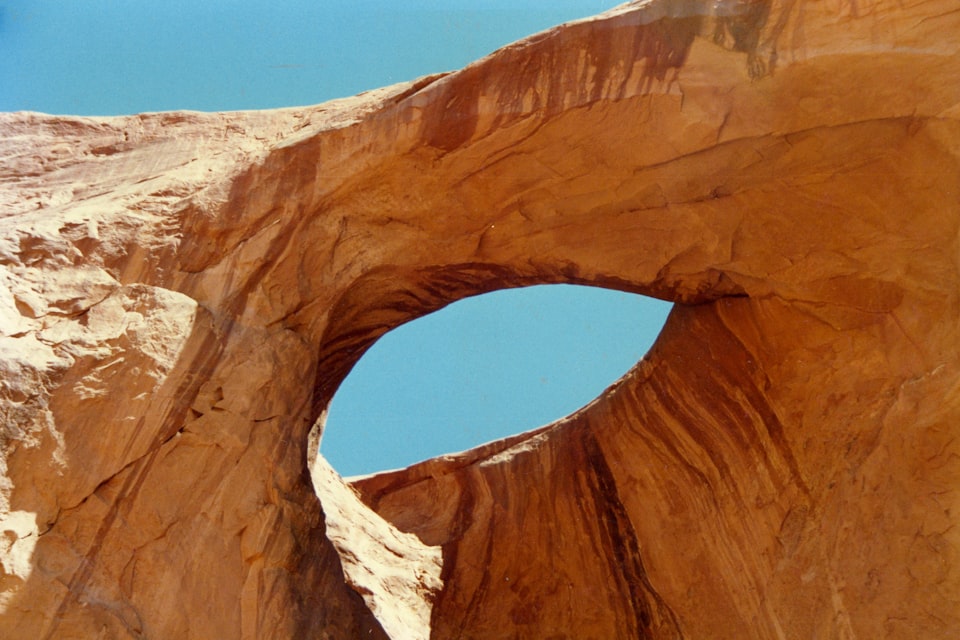Remembering and expressing gratitude (The Signs In Ourselves, Part 12 of 12)
Reframing the journeys of our life and earth as experiences of gratitude can be healing, humbling, and empowering for many queer and sexually diverse Muslims.

Long before contemporary articulations of a gratitude practice and its scientific benefits, the Qur’an has asked us to reflect on Divine blessings in our struggles and say Alhamdulillah. Most of us were raised homophobic, transphobic, racist, sexist, and ableist— that which we had to unlearn and purify ourselves from. This also means realising that in some ways, we are what we were told to fear or reject.
Embodying our truth requires queer courage, but also gratitude. Islam asks us to strive for justice, but to also be thankful for as much as we can for what we have and how far we’ve come— even as we’re told to not expect gratitude for the good we do (76:8-9). Gratitude to the Divine is an opposite of unbelief, and saves us from believing that we are self-sufficient (96:6-7). However, many of us are ungrateful (100:6).
As we build our courage, practicing humility and the ability to count even one blessing from the Source is already a fine way to live. As Allah says in the Qur’an: Remember Me; I will remember you. Be thankful to Me, and never ungrateful (2:152).
We end this series and workbook with the consideration that reframing the journeys of our life and earth as experiences of gratitude can be healing, humbling, and empowering for many queer and sexually diverse Muslims.
Exercise no.13
from the workbook The Signs In Ourselves
Personal Reflection
Make your own map. What would your own gratitude constellation map look like? Be as creative as you like.
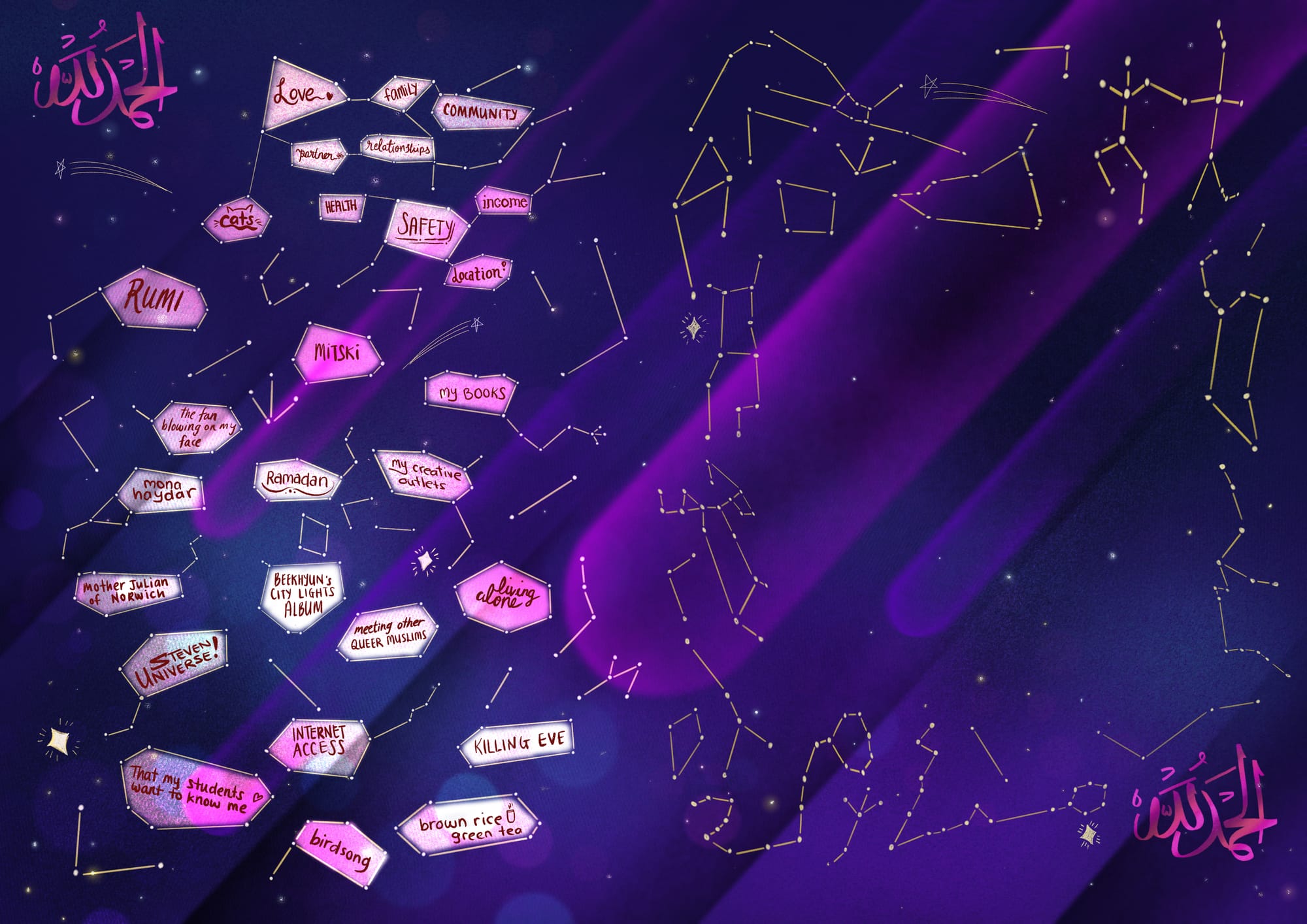
Collective Discussion
What are you grateful for right now? Take a few minutes to reflect on this question and make notes. Share your answer in pairs or small groups with deep listening. Alternatively, write your answers on separate cards and pin them on a wall. For multi-day events, consider a designated wall for people to share gratitudes throughout the gathering.
"I'm grateful my family gives me space to be who I am."
"I'm grateful my family gives me space to be who I am. They disagree with some of my queer Muslim interpretations, but at least they won’t kick me out of my home. I have space to be who I am here, so I’m grateful for that. I can practice my faith without feeling disconnected like I did in high school. I’m grateful for my beard! And that people have told me I am handsome." (trans man, Indonesia, he/him)
"I'm grateful for myself."
"I am grateful for myself. I tend to search for things from outside of myself, and so neglected, suppressed, or denied my own feelings. I’m grateful I allowed myself to invest time in being aware of my own feelings. From this awareness of my own moments, I can understand things more clearly than before. So I am grateful for time too." (33, cis woman, she/her)
"I'm grateful for my partner for being so supportive although she's so different from me."
"I’m grateful for my partner for being so supportive although she’s so different from me. She’s so into science and I’m into the arts. Yet we communicate well because of our similar values. Even though she doesn’t identify as a practicing Muslim, she supports my spirituality in a way that is very affirming. She’s genuine about it." (lesbian, Malaysia, she/her)
"I'm grateful I still have a job and can help others beyond my parents and family."
"I'm grateful I still have a job and can help others beyond my parents and family, that the ones who live with me under the same roof still have enough to eat. It's unfair that those basic things are a struggle for others." (39, lesbian, she/her)
"I am grateful that this is such a great time to be queer and Muslim."
"I am grateful that this is such a great time to be queer and Muslim. It is so different compared to my youth, where the word LGBT did not even exist yet around me. Instead of being depressed that we are unheard, remember that this is a young era for queer Muslims. Be an activist, go out and educate, be brave, have dialogues. I’m grateful that God gave me the capacity to create a support group. I am grateful in my age that I have opportunities to be with our queer people, to learn for myself and others." (55, Singapore, she/her)
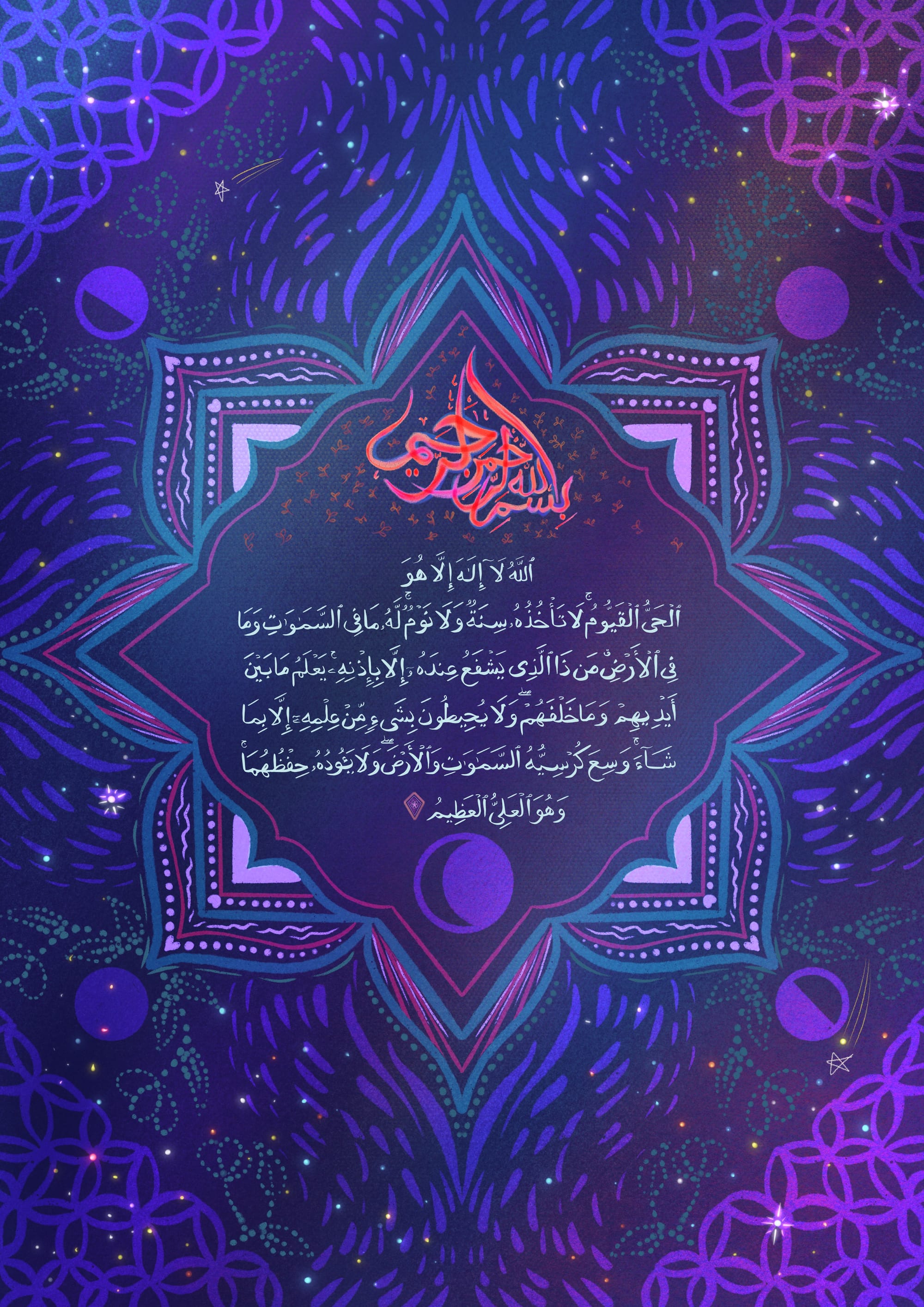

This post is adapted from The Signs In Ourselves (pp. 101-105), a queer spiritual wellbeing workbook inspired by Qur'an verses 41:53, 51:20-21, and interviews with Southeast Asian Muslims. Written by Liy Yusof and illustrated by Dhiyanah Hassan, it was made available online in 2020 by the Coalition for Sexual & Bodily Rights in Muslim Societies. May Allahﷻ accept this offering and bring it to those who need it. Letters and inquiries: qmcourage [at] gmail [dot] com.
